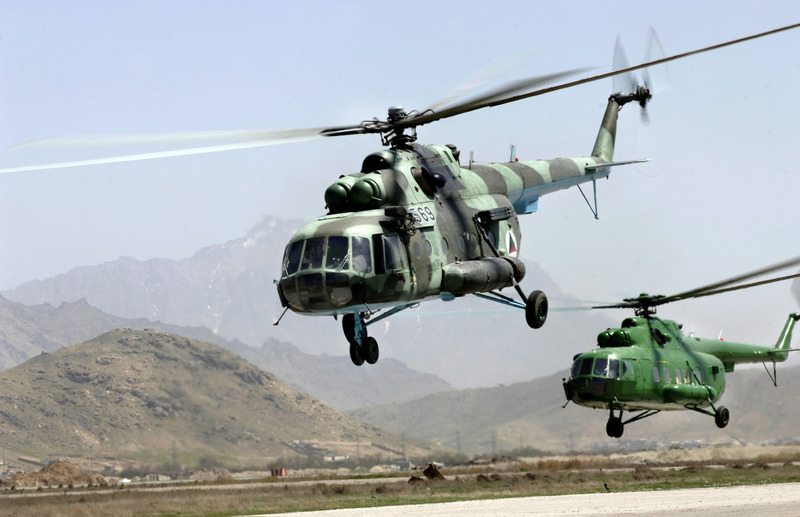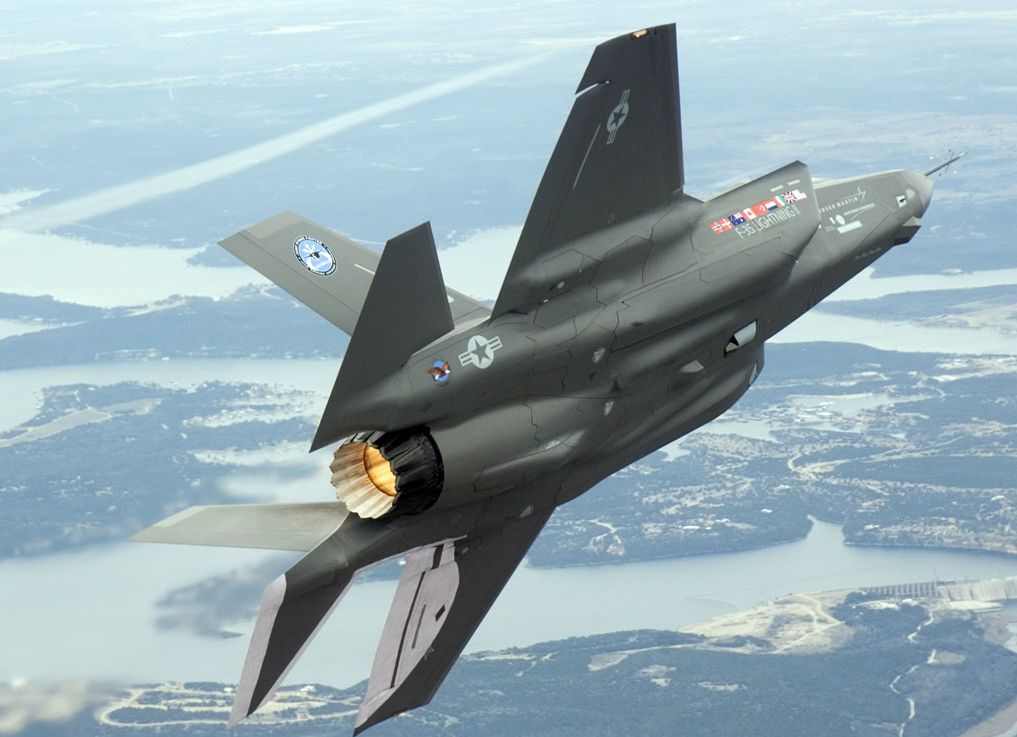The United States has scrapped plans to purchase additional helicopters from state-run Russian arms exporter Rosoboronexport amid pressure from federal lawmakers over Russian arms deliveries to Syria, a top US senator said Wednesday.
“I applaud the [US] Defense Department’s decision to cancel its plan to buy 15 additional Mi-17 helicopters from Rosoboronexport,” US Sen. John Cornyn said in statement, The Associated Press (AP) reported.
Cornyn, a Republican from Texas, has been leading a push in Congress to oppose the Pentagon’s purchase of Russian helicopters for deployment in Afghanistan due to Moscow’s weapons shipments to the government of Syrian President Bashar Assad as his forces battle rebel groups in a fierce civil war.
Russia has insisted that it is fulfilling existing contracts with Syria, and that the deliveries are legal under international law. Moscow has also questioned the composition and goals of the various armed groups fighting the Assad regime.
A Pentagon spokesperson confirmed to RIA Novosti on Wednesday that the United States does not have plans to purchase additional Mi-17s from Rosoboronexport beyond previous orders.
US defense officials had requested Congressional funds for next year “to provide additional enhancements for the Afghan National Security Forces” but have since “re-evaluated requirements in consultation with Congress,” the spokesperson said.
The 15 Russian-built Mi-17s were slated to be purchased by the Pentagon next year for $345 million and then given to Afghan national security forces, the AP reported.
“Doing business with the supplier of these helicopters has been a morally bankrupt policy, and as a nation, we should no longer be subsidizing Assad’s war crimes in Syria,” Cornyn said in the statement cited by the AP.
The United States has purchased a total of 63 Mi-17V-5 military transport helicopters from Russia for use by the Afghan National Army.
The United States and several other countries accuse Assad’s government of being behind an August 21 chemical weapons attack outside Damascus that Washington claims left more than 1,400 dead.
The Syrian government in turn has accused rebel groups it has been battling since March 2011 of being behind the attack, though it agreed to a Russia-brokered deal to destroy its chemical weapons arsenal.
The deal was struck amid threats by Washington that it would carry out military strikes against Syrian government targets in response to the Aug. 21 attack.











